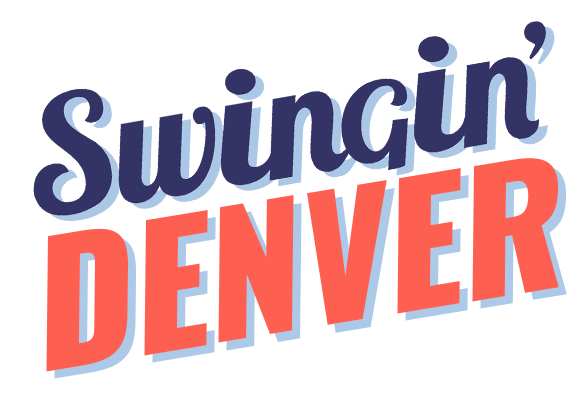A local organization recently did a nice post highlighting Lindy Hop’s African-American origins while also sharing a fantastic image of Ann Johnson (featured in our blog image) and Frankie Manning. However, they utilized the words “revival” in their original post and “rediscovery” in their repost - “…until European and American dancers rediscovered it starting from the beginning of the 1980s.” The terms are both fraught because they very nearly center whiteness.
From my original response on their first post using “revival” -
Great post! I might be hard pressed to use the term "revival" though. Like you said, Lindy Hop never disappeared so revival doesn't really seem fitting. It kept going thanks to people like Mama Lu Parks or transformed like you mentioned into other regional styles like Kansas City Two-Step, Chicago Steppin' and other social dances. Furthermore, Black artists and elders within this space have spoken out about avoiding "revival" too, so there's something there to reflect about. It certainly experienced a resurgence and transformation thanks to commodification, neo-swing, and other factors. It's just all very complicated.
And my second response when they reposted using “rediscovered” -
Still a solid post! Just like I pressed back on the word "revival," I'll also critique the term "rediscovery" since colonialism and appropriation are often attached to "discovery" especially when associated with Black art forms like Lindy Hop.
Here's an applicable quote from Adam Brouwers-Harries in the Teaching Swing Dance group - "The problem with the term "revival" is that it presents a whitewashing of the current popularity of swing dancing - i.e. it paints a picture of an activity "saved" from extinction by white people, rather than a living art form still practiced within black communities." Similarly, I would argue that using "discovery" is akin to "revival" here since it plays into this white savior myth that still is propagated through vernacular dance communities.
It’s always a fascinating experience exploring language and how we educate within the dance scene. The other night I was onboarding two teachers to represent Swingin’ Denver later in December and we were covering representation, appropriation, what is vernacular dance is and more. They seemed receptive to representing these cultural values. Other organizations and groups, even here in Colorado, will ignore offers to learn more or to gain opportunities through education. It’s about time and it’s been time for swing dance schools to step up their game when it comes to being good guests in the Black space that is vernacular dance.

